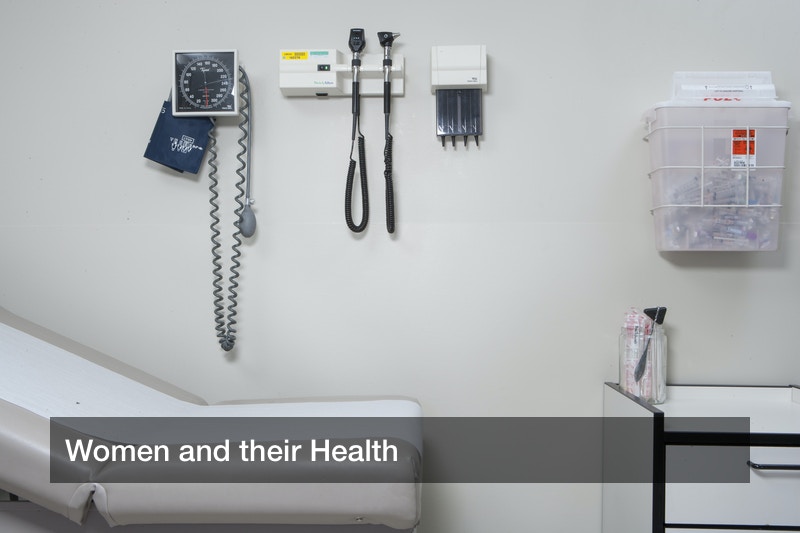

Women today have a number of health issues that they should be aware of, and they are advised to know exactly how to deal with health issues that may arise as they age. Womens health in particular often deals with infertility and other trouble conceiving a child, and a local gynecologist can be visited to determine what the problem is, or for routine checkups and other routine care for womens health. Where infertility is concerned, womens health can be taken into one’s own hands at a fertility clinic, where doctors can use a number of procedures to look over a woman’s body and determine what the problem is and prescribe solutions, such as minor surgery, medication, or lifestyle changes, or a combination. For some women who are unable to conceive on their own, in vitro fertilization is an option to pursue if so desired. The broad field of womens health may also extend to cancers in women’s bodies such as ovarian cancer, or hormone replacement if it is desired. What can today’s woman do to take charge of her health when issues arise, and what are some common trends in womens health today?
Reproductive Health
A woman’s reproductive health is something to be taken very seriously, and today’s women may face a number of potential issues but will have just as many solutions available for fixing them. What can go wrong? Infertility is an issue that a number of male-female couples face today, and in about one third of cases, the woman’s health is the problem with conceiving a child. In another third of such cases, it is the woman’s male partner whose health is the problem, and in the last third of cases, the cause is unclear or unknown. What can impair a woman’s fertility? Some problems are a result of everyday life or lifestyles. Smoking as few as five cigarettes per day has been demonstrated to lower both women and men’s fertility rate, and high levels of stress can also disrupt a woman’s fertility. Sometimes, the problem is more mechanical, such as issues with the oocytes (or “egg cells”) moving from the ovary and into the fallopian tube, or infertility may arise when the zygote does not attach where it should.
What can be done? Womens health may involve going to a fertility clinic, and the doctors and physicians there can diagnose the problem in the woman or man in a couple who is facing trouble conceiving. A woman has a number of options depending on what the problem is, such as medicine, surgery, intra-uterine insemination, or even assisted reproductive technology. Some other options such as surrogate mothers are also available. In the cases where the male partner’s health is the issue, it may be genetic or a lifestyle causing the issue. Men in a couple may lower their sperm count or decrease sperm quality as a result of alcohol or drug abuse, smoking tobacco, high levels of stress, injury to the testicles, or even exposure to radiation. The doctors at a fertility clinic will know what to look for in both the man and woman and determine the next step.
Womens health also entails knowing what to do for unavoidable biological changes. Even the healthiest of women will face menopause, and generally, once a woman has gone 12 months without a period, she is considered as “in menopause,” and all the time beyond that in her life is considered post-menopausal. The mean age for menopause today is 51, but some women as young as those in their thirties may experience it, and other woman will not go through menopause until their 60s. Women just entering menopause, often those in their 50s, may opt for hormone therapy, which is a relatively safe treatment and it can be used for up to five years. It is not associated with increased risk of heart disease, but women should be screened and treated for other risk factors such as breast cancer or high blood pressure, just to be sure. It is also known that nine out of 10 women will experience perimenopause, a period of altered menstrual cycled, before they enter menopause. Perimenopause can be expected to last for about four years or so.